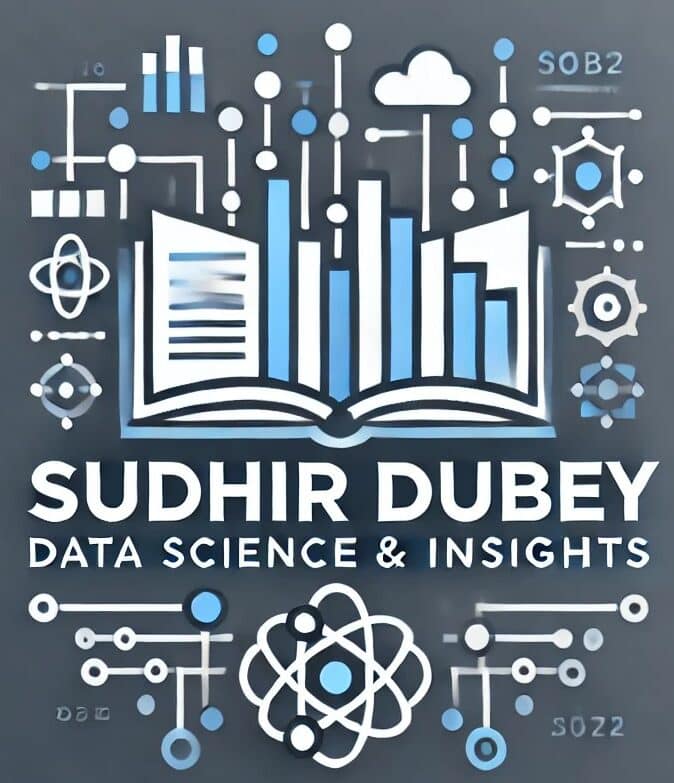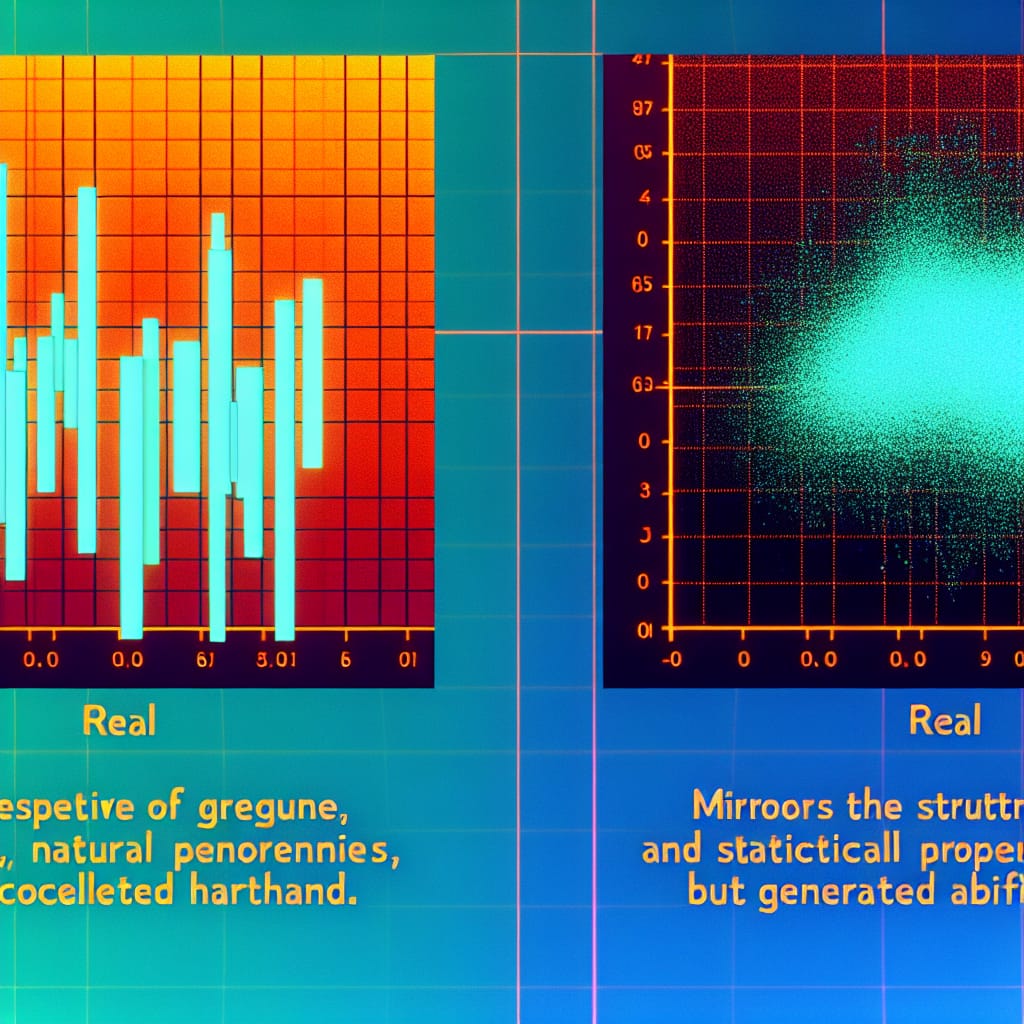Synthetic Data: The Essential Role in Robust AI Training for 2025
In the rapidly evolving landscape of artificial intelligence, synthetic data is revolutionizing the training of robust AI models. As industries strive for greater efficiency and innovation, the use of synthetic data in AI training provides a privacy-preserving alternative to traditional data sets. It offers significant advantages in model accuracy, data privacy, and scalability. This article will delve into how synthetic data is becoming indispensable in AI and data science, exploring its impact on data privacy, enhancing model accuracy, and examining cutting-edge applications.
Understanding Synthetic Data
Synthetic data is artificially generated information that retains the statistical properties of real-world data sets. Unlike traditional data collection, it does not come from actual events or interactions, but is algorithmically created to simulate potential scenarios and outcomes. This approach is invaluable for data science professionals working with sensitive information, offering a viable solution to the challenges of data availability and compliance with privacy regulations.
Applications in AI Training
Within AI training, synthetic data offers numerous applications. It enables the development of complex machine learning models by providing diverse and expansive data sets that are otherwise difficult to obtain. For example, in autonomous vehicle development, synthetic data can simulate innumerable driving scenarios, preparing AI systems for real-world unpredictabilities. Furthermore, it allows researchers to test algorithms against rare event scenarios or biases, thus refining model responses and performance.
Enhancing Model Accuracy
Synthetic data plays a pivotal role in improving model accuracy. By generating large volumes of high-quality data, it allows AI models to learn from a broader set of examples. This variety ensures that models can generalize better, becoming more adept at handling diverse inputs and reducing overfitting. Techniques such as data augmentation are effectively employed to enrich the training process using synthetic data.
Data Privacy Benefits
One of the most critical advantages of synthetic data in AI training is its alignment with data privacy. As it is generated without using identifiable real-world information, it circumvents privacy issues associated with personal data usage. This characteristic makes it an attractive option for industries like healthcare and finance, which require stringent compliance with privacy laws such as GDPR and HIPAA.
Next-Gen Technologies & Trends
Emerging technologies are harnessing the power of synthetic data. Techniques in generative models, such as Generative Adversarial Networks (GANs), are increasingly used to produce high-fidelity synthetic data. As AI continues to evolve, the integration of synthetic data is expected to expand, supporting more robust and diverse capabilities in neural networks and deep learning frameworks.
Real-World Case Studies
Consider the healthcare industry, where synthetic data has been used to train AI systems without compromising patient privacy. A company harnessed synthetic data for developing diagnostic tools, simulating vast numbers of medical records. This process not only improved the AI’s accuracy in detecting anomalies but also adhered to data protection protocols. Another example lies in finance, where synthetic customer transaction data is used to train fraud detection systems without exposing sensitive information.
FAQ
What is synthetic data?
Synthetic data is artificially generated data that mimics the statistical characteristics of real-world data without containing actual personal information.
How does synthetic data improve AI training?
Synthetic data provides diverse, expansive data sets that enhance the training of AI models, improving their accuracy and generalization capabilities.
Is synthetic data secure?
Yes, synthetic data is inherently secure as it does not contain personally identifiable information, making it compliant with privacy laws.
What industries benefit from synthetic data?
Industries such as healthcare, finance, and autonomous systems benefit from synthetic data by enhancing model training while maintaining data privacy.
Conclusion
Synthetic data is emerging as a crucial asset in training AI models, offering advantages in privacy, accuracy, and scalability. As data science continues to advance, the reliance on synthetic data is expected to grow, driving innovation across industries. Professionals and organizations should consider integrating synthetic data into their AI strategies to achieve superior outcomes. For further insights, explore our detailed resources on next-gen data science practices.
Stay informed on the latest developments by subscribing to our newsletter and visiting authoritative sources like Wired Business for related news.



